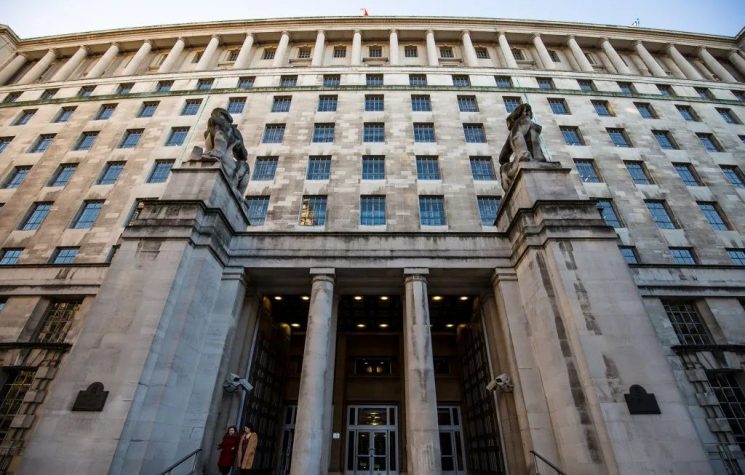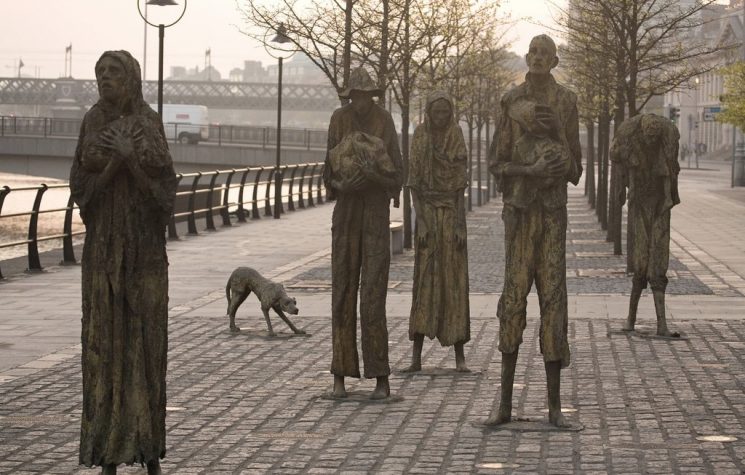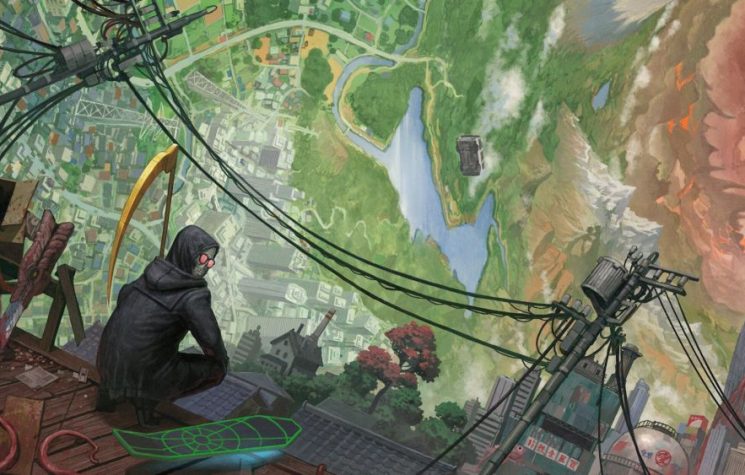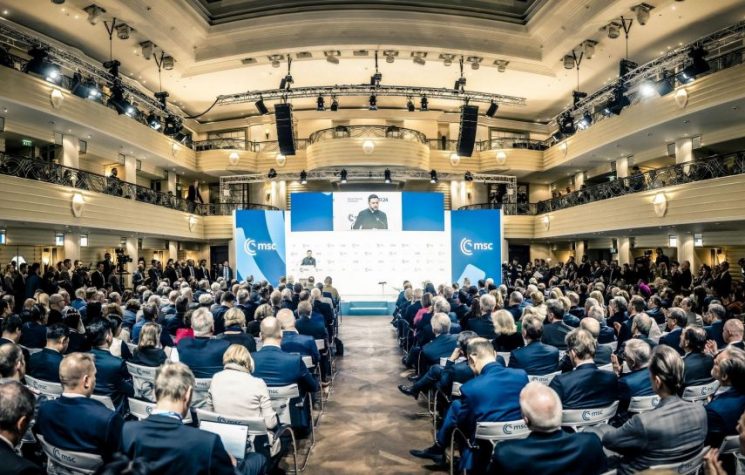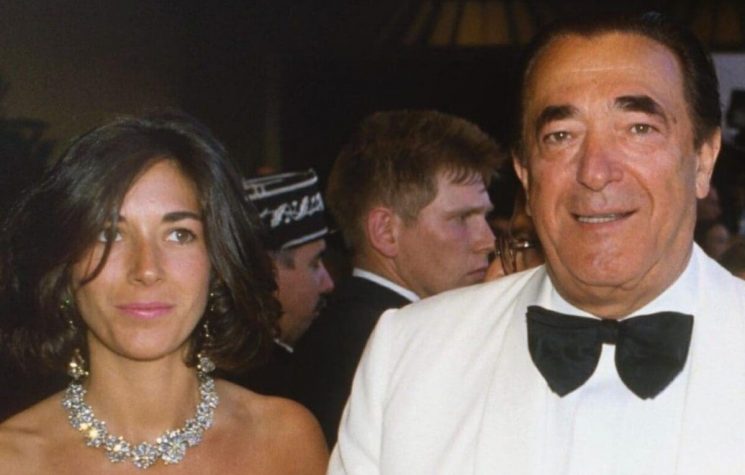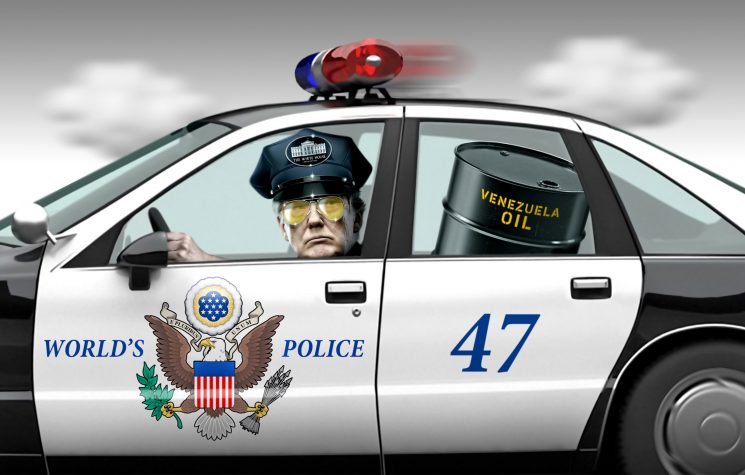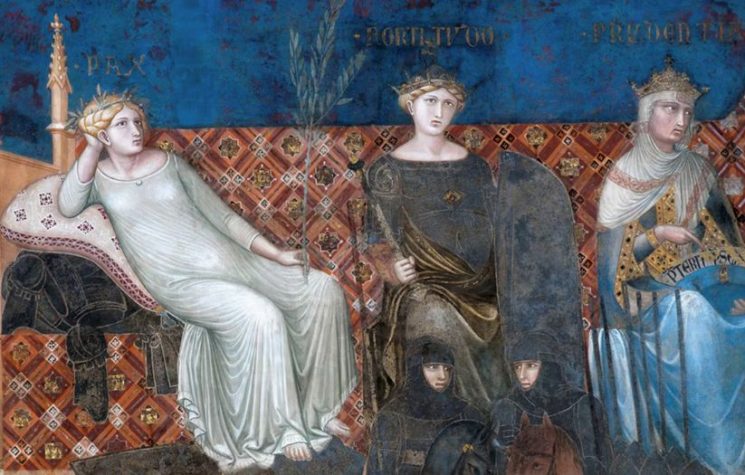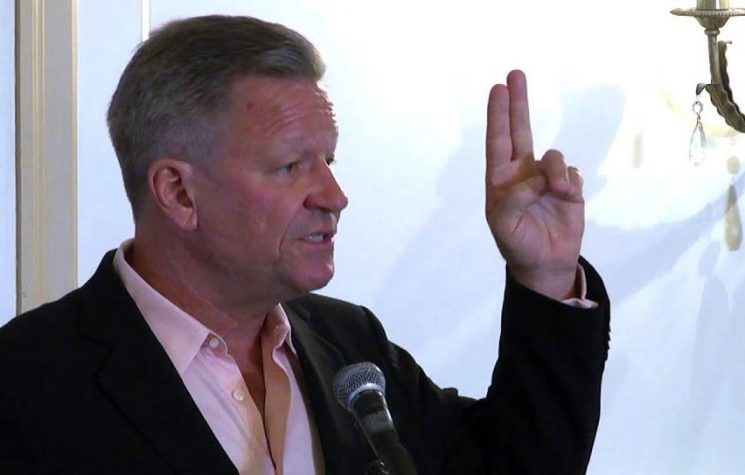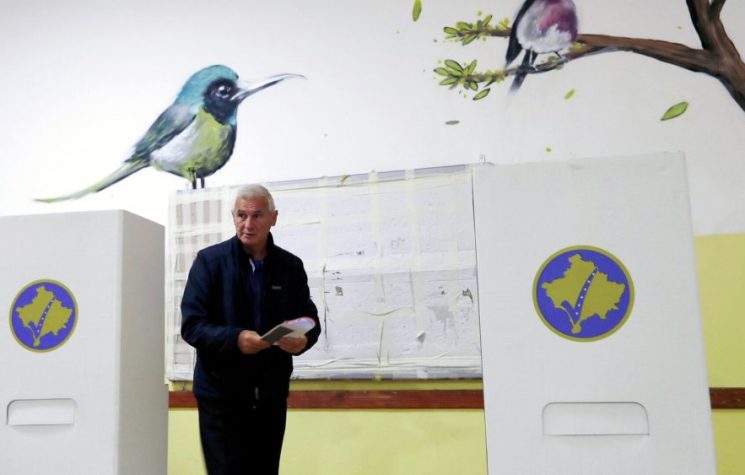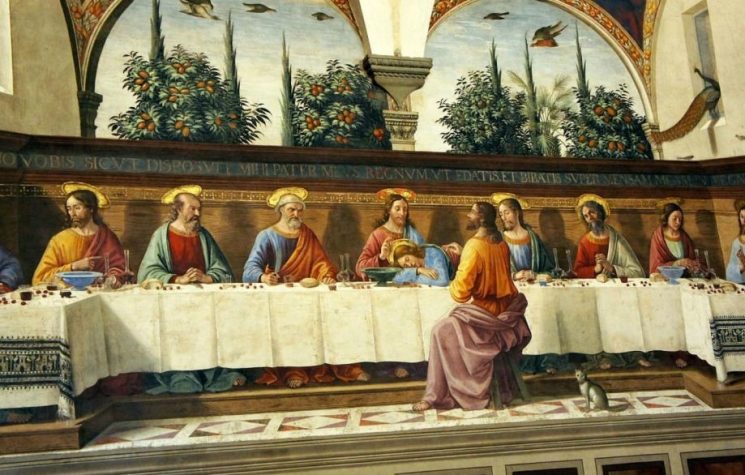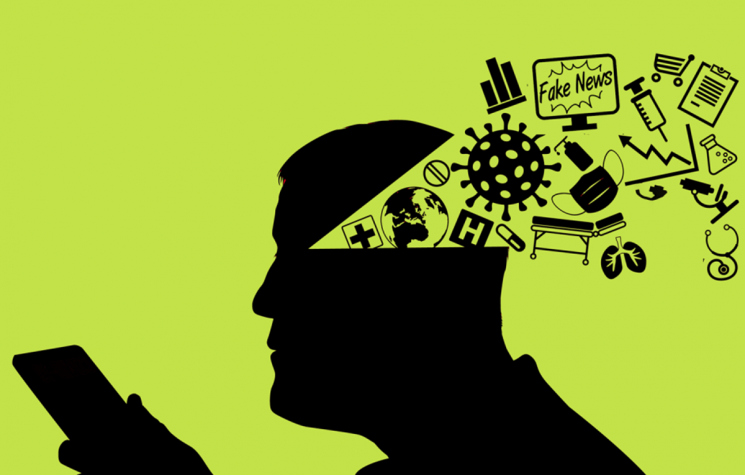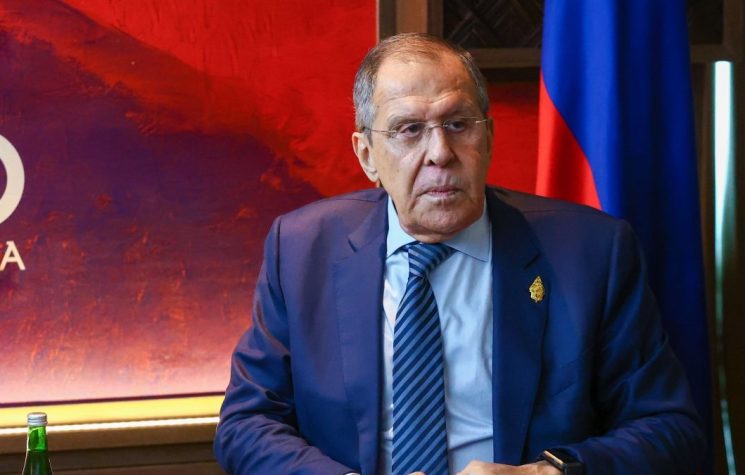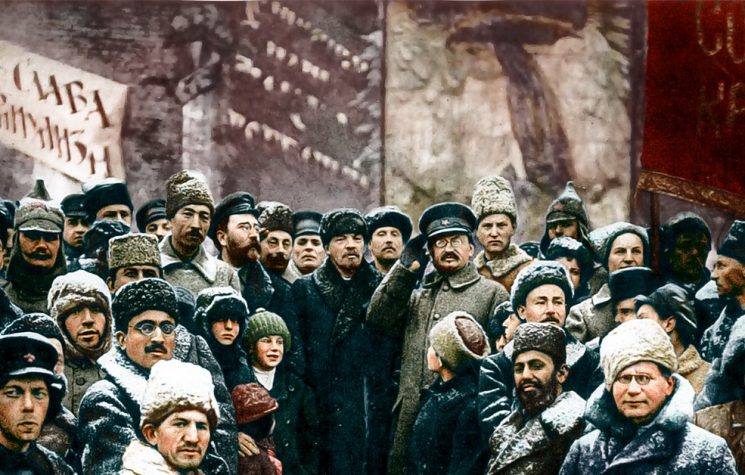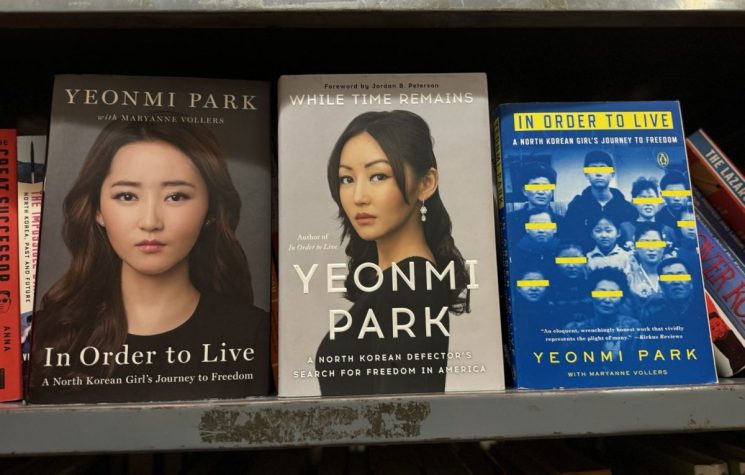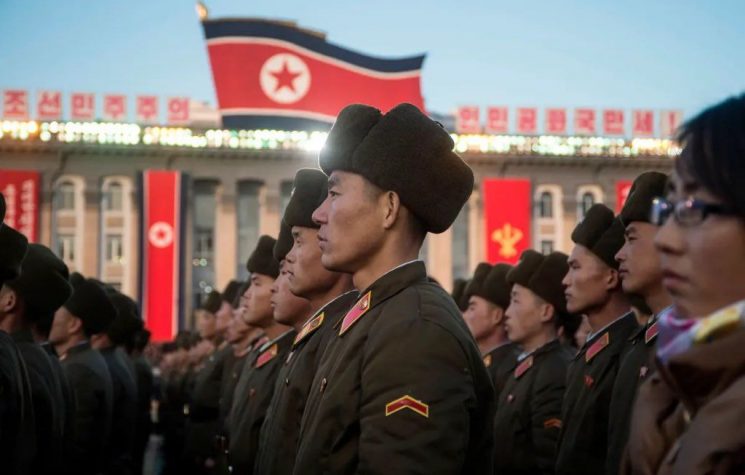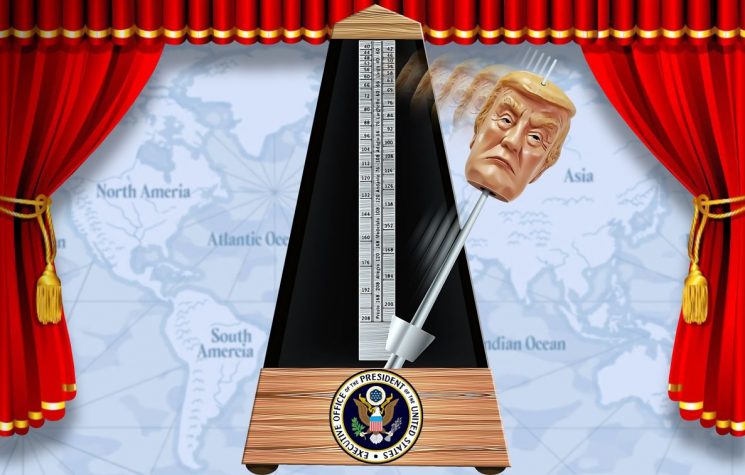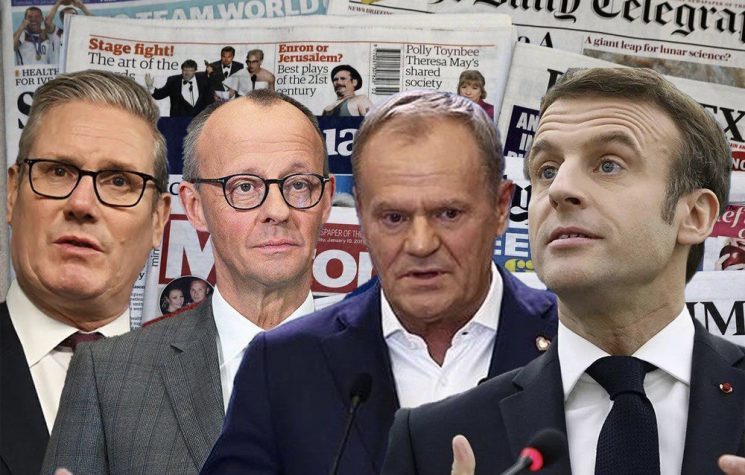The pseudo-democratic doctrine undoubtedly will bear some part of the blame for the moral and cultural demise facing the US, which will most probably take the whole Western world down with it.
According to the dictionary, post-truth refers to a situation in which people are more likely to accept an argument based on their emotions and beliefs, rather than one based on facts.
I myself remember when only a few years ago in 2016 the word was selected to be the word of the year by Oxford English Dictionary. ‘After much discussion, debate, and research, the Oxford Dictionaries Word of the Year 2016 is… post-truth. Why was this chosen? The concept of post-truth has been in existence for the past decade, but Oxford Dictionaries has seen a spike in frequency this year in the context of the EU referendum in the United Kingdom and the presidential election in the United States. It has also become associated with a particular noun, in the phrase post-truth politics.’ Cambridge English Dictionary says that the post-truth is an adjective defined as ‘relating to or denoting circumstances in which objective facts are less influential in shaping public opinion than appeals to emotion and personal belief’.
And who would have thought that it has taken just a few years, if any, to come to the situation of having to deal with an avalanche of disinformation, fake news and ‘cancel culture’ in its wake.
I shall endeavour to paraphrase a paragraph from the book Disinformation by Vladimir Volkov (Volkov, 2001) ‘Disinformation is the manipulation of public opinion for political gains, by way of the information processed in a ‘roundabout’ way . The definition of disinformation by Merriam Webster Dictionary is : ‘false information deliberately and often covertly spread (as by planting rumors) in order to influence public opinion or obscure the truth. They include false information which are spread with the intention of deceiving others. Paradoxically, they also include the false information with the intention to be used as propaganda which the government and/or non- government organizations aim at their rivals and bitter opponents or media.
The issue of disinformation and misinformation are worrying indeed. It is so much so that UNESCO published a handbook, in which it naively (whilst turning a blind eye to the real issue at hand) endeavours to ‘educate’ journalists how to find their way in the ‘sea’ of disinformation. This UNESCO manual appears to be trying to instil the ‘right’ values into the minds of the journalists given that the social media are slowly turning into the biggest source of disinformation per se. They go on to relay that the reporters will most definitely turn into the unsung heroes of our time, the jobs of whom will be to be trained (by the UNESCO ‘experts’ apparently) and bring much sought-after order into the utter chaos of the social media. (and all of us ‘lucky mortals’ are supposed to extol them to eternity, are we not?). In reality, we do need some reality check though, since ‘denial is a dangerous thing’, psychologists warn.
Dr Slobodan Reljic, a Serbian sociologist and a media critique expert, recommends that we get back to Robert W. MacChesny, notable for his book Farewell to Journalism. In his writings, Derick Jensen said in his discussion with MacChesny ‘Upon the collapse of the USSR I read in the papers that Russia was going through the process of leaving Communism behind and opting for democracy. I thought at that moment that the journalists were routinely substituting the word democracy for capitalism’ Robert MacChesny replied: ‘To use these two words in correlation is construction ridden with ideology, because if we put them at the same footing, it renders the debate on anti- democratic implications of our capitalist society impossible. And if one cannot discuss these implications, they cannot move to the next logical step: ‘taking action to preserve democracy’ Jensen then asked: ‘How do capitalism and democracy coexist?’ MacChesny responded : ‘Societies can evidently be both capitalistic and democratic, but there will always be a huge tension between them and the limitations of one or the other, or both. The stronger the capitalistic values are, the less democratic they become.’
A society needs three things to have a sustainable, functional democracy:
a) People should have certain level of equality. One has to believe, regardless of the level of poverty a person lives in, that they have the same level of decision-making available even the same as anybody up the societal ladder. If you do not find this credible or you do not believe that, you do not live in a democracy.
b) People have to be informed about the issues which means they have to be provided a series of high-quality information and opinions together with relentless accountability of the people and institutions in power there is. These are the tools which enable people to join the public debate, to make well-grounded decisions and manage their private and professional lives accordingly. If one does not have any access to such tools i.e. if your media systems do not make them easily available – your ability to have genuine functional democracy declines.
c) For each society to function and indeed for democracy to function – there should be belief that your happiness, your destiny and your role in society are interdependent with that of your neighbours. The whole societal fabric would disentangle unless you do not place trust in your immediate community. Democracy is based on such beliefs, whereas capitalism promotes inequality and the struggle for survival of an individual.
Jensen goes on to argue that everybody knows that but journalists cannot get themselves to admit this because it would not be in their employers’ interests.
The West used to and still consider themselves as individualistic societies and an epitome of the free world. Though, I firmly believe that we fail to fully understand that we, the alleged free individuals of the democratic West, are all subject to manipulation of the business and/or commercial decisions of ‘business tycoons and media moguls’. Aldous Huxley’s babbling machines come to mind whenever we get snowed under with ubiquitous TV commercials and billboards all around with their profoundly subliminal messaging to be propagated ad nauseam.
Jacques Ellul argued that the reckless consumerism and endless spending sprees of the Western society will sound its death knell. And while the modern man floats in this imposed opulence of material resources, he/she becomes aware that ubiquitous media advertising with its devious manipulations is not deprived of the hidden political agenda at all. It has the same role as the political slogans elsewhere in what some perceive as the ‘undemocratic’ world of the said ‘odious Communism’.
Vance Packard famously wrote in his Hidden Persuaders that many allegedly scientific institutes exclusively carry out research of this extremely useless cyclical process of overspending and extreme consumption which have the frighteningly staggering increase in human needs as a consequence.
When Timothy Garton Ash who was such a ‘passionate’ advocate of ‘democratization’ of the Eastern Bloc in the wake of the Downfall of the Berlin Wall, flew all the way to Gdansk, Poland, to see the remains of the aftermath of the Fall of the Iron Curtain in 2019, the sight there was a profound disappointment. The East that fell headlong into the open arms of the Western slavery was in fact utter and complete misery in material terms and degrading in humane terms. And of course, the mainstream media in charge of the massive hypnosis called Western disinformation to keep the gullible masses at a safe distance from the truth, by way of false statistics, endless (bogus) political games under the guise of democracy, the terror perpetrated by the human rights pressure groups etc. Ash stated that when he arrived in Gdansk, Poland in 2019, where the hard-working shipyard labourers won their victories against the raging machine of the ‘evil’ Communism, he found neither the shipyards nor those gleefully triumphant winners.’
Everything was a big lie from the very beginning of the total destruction of the previous (Communism) societal order. The myth of ‘a kind and generous invader’ was sold to the desperate masses at this end of the Iron Curtain. This reminds me of a somewhat sad though humorously sarcastic observation by Igor Ivanovic, a Serbian thinker and an entrepreneur in his book ‘The West and the Occupation’ : ‘A modern, revolutionary Man, aided by modern-day technology and by way of the spoon-fed mainstream media lies won his/her liberty and in so doing proclaimed it by an official decree! Thus, the modern Man demands the life of luxury as the fruit of his/her revolution already hard won (against the Communism) on the platter packed with plentiful privileges!
‘I would assume that the contours of the post-truth age of today began even then, the alleged paradigm shift in the role of the media in the Eastern Bloc in Europe was normally referred to as ‘the political transition’ and it involved the national media as well, ended up in the privatization which sadly has not brought about any greater freedoms on the part of the state/government which were brutally stripped of their own ( state, national) media, but it brutally cancelled and demolished all the room for manoeuvre in between for the potential protection of journalists themselves and the independence of the media which did exist during the time when the media were in effect owned by the state. The state/ the government back in the day in the allegedly ‘notorious’ Communism/ Socialism Era did represent the public interest at least to some decent extent.
Paradoxically, Reljic argues, a high number of privatized media is funded from the national budgets but the funds are allocated to the private owners so as to relinquish themselves from any sort of mutiny among the journalists. This is the final stage of brutal culling any freedom of speech on the part of the journalist and an introduction into the process of total disinformation.
These arguments somehow naturally lead me to another journalist. This time it is about the late Udo Ulfkotte and his ‘true to the bone’ book Journalists for hire in which he writes:
‘In such a case, one is expected to deliver a certain kind of reporting. Which one? Forget about my news agency. This is to do with all of them in general. At the outset of the journey, a reporter is given a set of directions as to what to ask, how to communicate. Normally, you are not told what to say and ask, to write something in this way or that way but you are painfully aware that if you do not do that in such and such a way, you will not be invited next time. Your media company will be called to tell them that you are not wanted. And then you are out! Those in charge of the cooperation with the media are the non-government “think thanks,” those foundations and organizations which arguably are “independent” in the same way that independent journalists supposedly are.‘
To get back to Timothy Garton Ash, it all began with the alluring political slogans and it ended up in the suicidal quicksand of not being given any choice. If you disregard the moaning by Ash, one can still remember the vivid image of the misery of the transition in the Eastern bloc. Let me paraphrase what Ash writes: ‘In Central Europe, they have developed not only market economy but the ‘market (orientated) society’ in which a superior spirit of individualism and competition reign supreme’.
As a notable scholar famously responded when he was confronted by a mainstream media journalist that there is freedom of speech and freedom of opinion in the U.S., because ‘you are speaking your mind and I am, too’, the other one replied: ‘Yes, but you are speaking out loud what your corporate bosses want you to tell. I am telling out loud what I truly believe’.
A rational, well-balanced observer in the very same Western world comes to realise one particular paradox. After the Downfall of the Berlin Wall (1989) and the massive ‘spill over’ effect of the ‘Western’ values to the East(ern Bloc), the paradox becomes universal. The danger for the mankind to become indoctrinated with the false system of values in which one cunningly invented system of manipulation impedes an individual to create and fulfil their potential is reasonably certain and self-evident. And never before have the huge masses of people been so divided into such miniature ethnic groups and never before has the hypnotic effects of suggestive manipulation been so effective and never before have the media manipulators had such good advertising techniques created by scientific experimentation and never before have they possessed such powerfully ‘suggestive’ mass media as today.
In such a deeply altered society the moral and professional duty to say, write or present the truth would melt into a loose structure beyond recognition in line with the shrewdly invented systems of manipulation in accordance to the requests (diktats) of the media moguls.
And what seems to be the paradox? – another thinker, Konrad Lorenz, wondered in his Civilized Man’s Eight Deadly Sins as early as 1972. That pseudo-democratic doctrine undoubtedly will bear some part of the blame for the moral and cultural demise facing the US, which will most probably take the whole Western world down with it.













